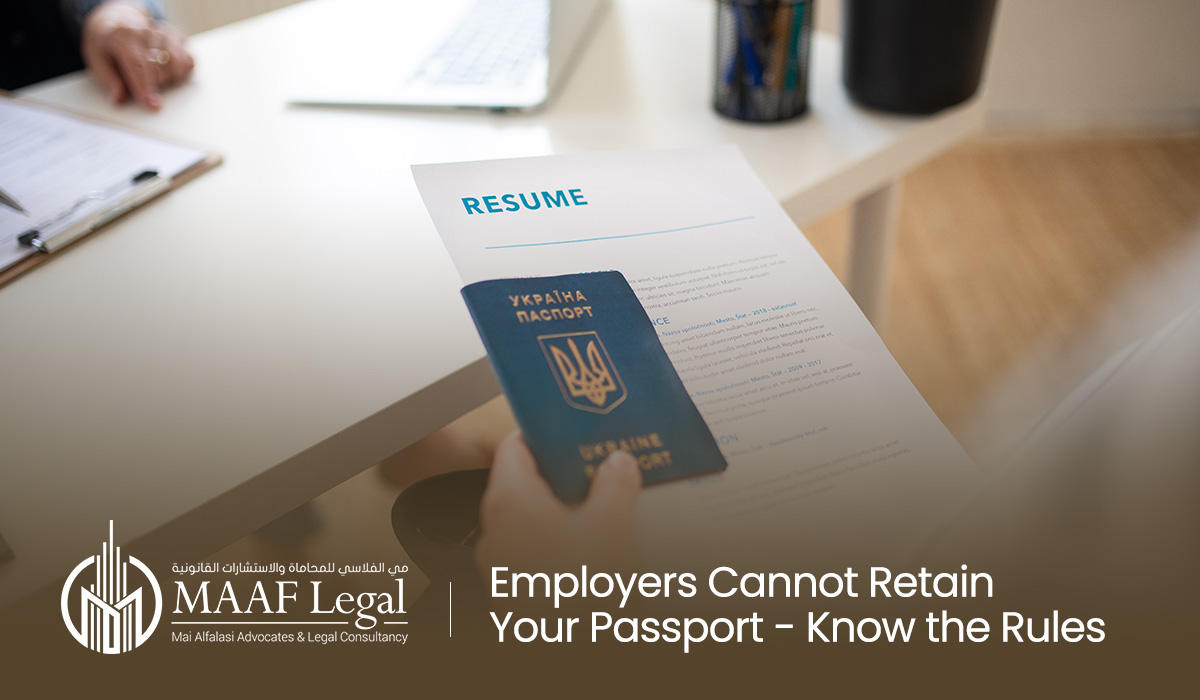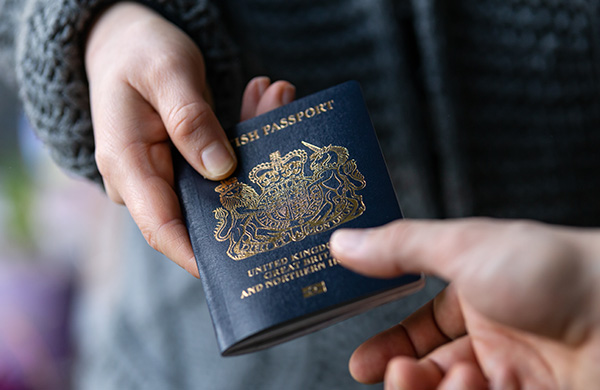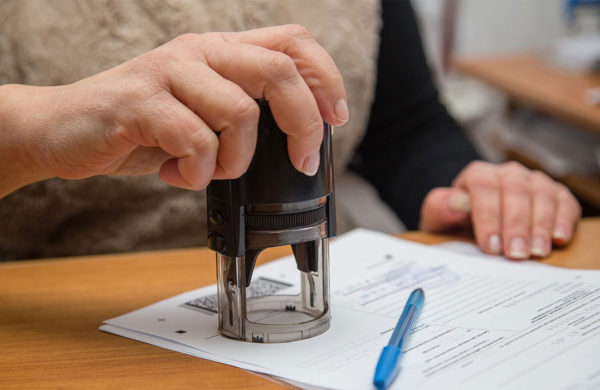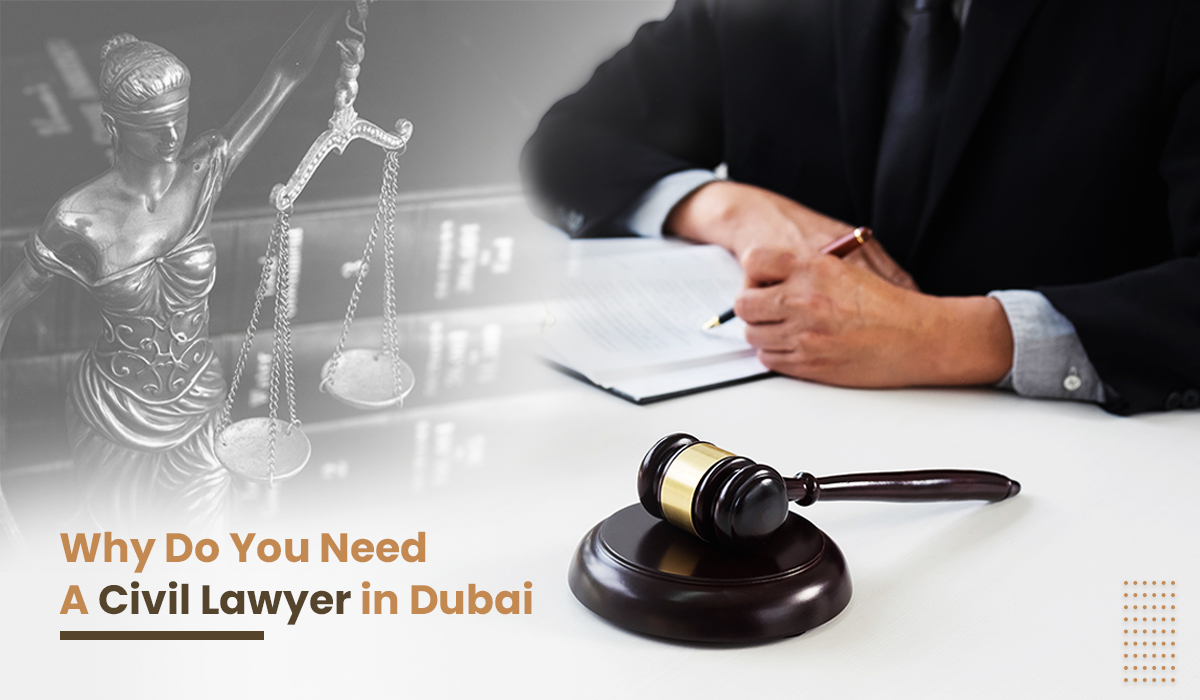
When we see UAE and singularly visit Dubai, the dream of living in a big city, exploring better job opportunities, and finding a better one to make handsome earnings for yourself is what inspires most individuals in today’s world. However, not everything is as colorful as it seems from the outside. There are some hard instances that one needs to know beforehand to remain adequately aware of the rules and regulations. While there are tens of thousands of great employment opportunities, there is a plethora of rules and regulations that aspirants must know so that they don’t get scammed or coerced by their employers.
And when we see the fancy job titles, lucrative packages, and perks, there are some deciphered truths that we should know to prevent later difficulties. One thing that remains a top to discuss and ponder is the retaining passport of employees that remains nonlegalized in the UAE. Yet, there are numerous examples and stories where the employees have had no choice but to give up on their passports to their employers.
This is what enfeeble the status and working demeanor of the expatriate workers. The authorities and government of the UAE have clearly explained and have developed and implemented laws that no employer can hold the passport of their employees. However, hundreds of thousands of employees give up their passports and national identities to their employers for the sake of their job, hence making them more vulnerable.
The International Labour Organization’s convention has presented the dissolution of forced labor and condemned forcible work. However, some subjections in the legal system allow employers to take the passport under some conditions. Moreover, the Ministry of Interior has also published circular no. 267 of 2002, which clearly states and prohibits employers from confiscating the passport or any other form of identity. However, if you have been a victim of this, contacting the best legal consultant at MAAF Legal would help you take a bold and robust narrative in legal pursuance that saves your job and right as an expatriate.
Everything to Know about Handing Over Passport to Employer

According to best law firms in Dubai, several things are happening in the UAE. One primary thing that must be discussed is employers taking custody of passports and important documents by force. While there are several things to be mindful of and need to learn, learning about your rights regarding giving up on the passport is one major thing to learn.
While we already know that in 2002, the Ministry of Interior passed a law that clearly instructed that no one is allowed to give up their passport to their employers, and the passport owner must have it all the time. Still, there are several instances where employers ask for and retain the passport and other vital documents for unexplainable reasons. So, it is essential to be aware of the actual story behind that clearly instructs everyone to give up their important documents.
What to Do When Employer Asks for Employee’s Passport?
Whenever your employer asks for your passport, the right way is to say ‘No .’A good way is by saying a no which should follow an explanation stating that you are well too aware of the UAE’s Labour Law. Reiterate that it is entirely illegal and unprofessional to ask for an employee’s passport when it is clearly being inculcated in the law.
Mention to your employer that the Ministry of Interior of the UAE published circular no 267 of 2002, which explicitly prohibited every employer not to ask for an employee passport. Moreover, it is declared illegal, and the law obliges the owner to have their identification documents, including passports, at all times. In addition, only government officials have the right and power to confiscate the passport of any individual, as mentioned in the provisions of the law.
When Can I Hand Over My Passport to My Employer?
While it is clearly mentioned that retaining employees’ passports until they are working is completely illegal. It is important to note that there are some provisions and conditions in which employees must hand their passports to their employers. However, it is only for a brief time and under certain conditions such as;
- Suppose you are visiting the United Arab Emirates on a visit visa to find the right job for yourself.
- If this is the case, employers can take your passport to get the documentation done and issue you a working visa and permit.
These are some conditions under which you can entrust your employer with your passport and other documentation for employment-related work. But, if they ask you to give the passport just for the job security entitlement, you have the liberty to say no because the law protects you in this regard.
What are the Laws Concerning Illegal Passport Detention?
The Ministry of Interior made it clear in 2002 that no employer can retain the passport of their employees under any conditions. They can only take it for issuing visas, employment-related documentation, and visa renewal. Apart from these conditions, they have any right over the passport of their employees.
It is important to note that there are serious laws concerning the illegal passport detention of employees. It clears that a jail sentence coupled with a fine amount of AED 20,000 can be made on the perpetrator. Moreover, according to legal firms in Dubai, the passport confiscation fee is around AED 10,000.
How to Register Complaints?
It is without a doubt that companies and business owners can hold or request their employee’s passports assuming they require them for any documentation. Confining the documents to show their prevalence is reprehensible wrongdoing in the UAE.
In any case, if your employer or business owner has taken unlawful ownership of your identification documents, including your passport, it is right of you to ask in a typical and well-mannered tone for it. Whenever you are finished with many requests and the employer is still reluctant to give your passport back to you, you have to consult a professional lawyer and take back what’s yours. Having said this, the following are a couple of moves you can initiate against the difficult employer;
- You can contact your country’s consulate to issue a formal complaint against your employer’s misconduct.
- You can have a legal team who will concern with the authorities to ensure justice is served.
You can also contact the Ministry of Interior directly to complain about your employer.
The Final Words
This act of keeping the identification of your employee with no legitimate statement is contrary to the guidelines, rules, and principles. Recall that this offense deserves a prison sentence and a fine of up to AED 20,000. Thus, as an employee, it is important to learn about your rights beforehand and take necessary measures in time.
Practice Areas
- Commercial
- Corporate
- Dispute Resolution & Litigation
- Banking & Finance
- Insurance & Securitization
- Real Estate & Construction
- Technology & Data Protection
Mai Alfalasi Advocates & Legal Consultancy
1203, Green Tower
Baniyas Street, Deira
Dubai, United Arab Emirates
Phone. +971 4 223 0666
Whatsapp. +971 50 208 9986
Email. info@maaflegal.ae
Office Hours
9.00am to 6.00pm (GST)
Monday to Friday

















